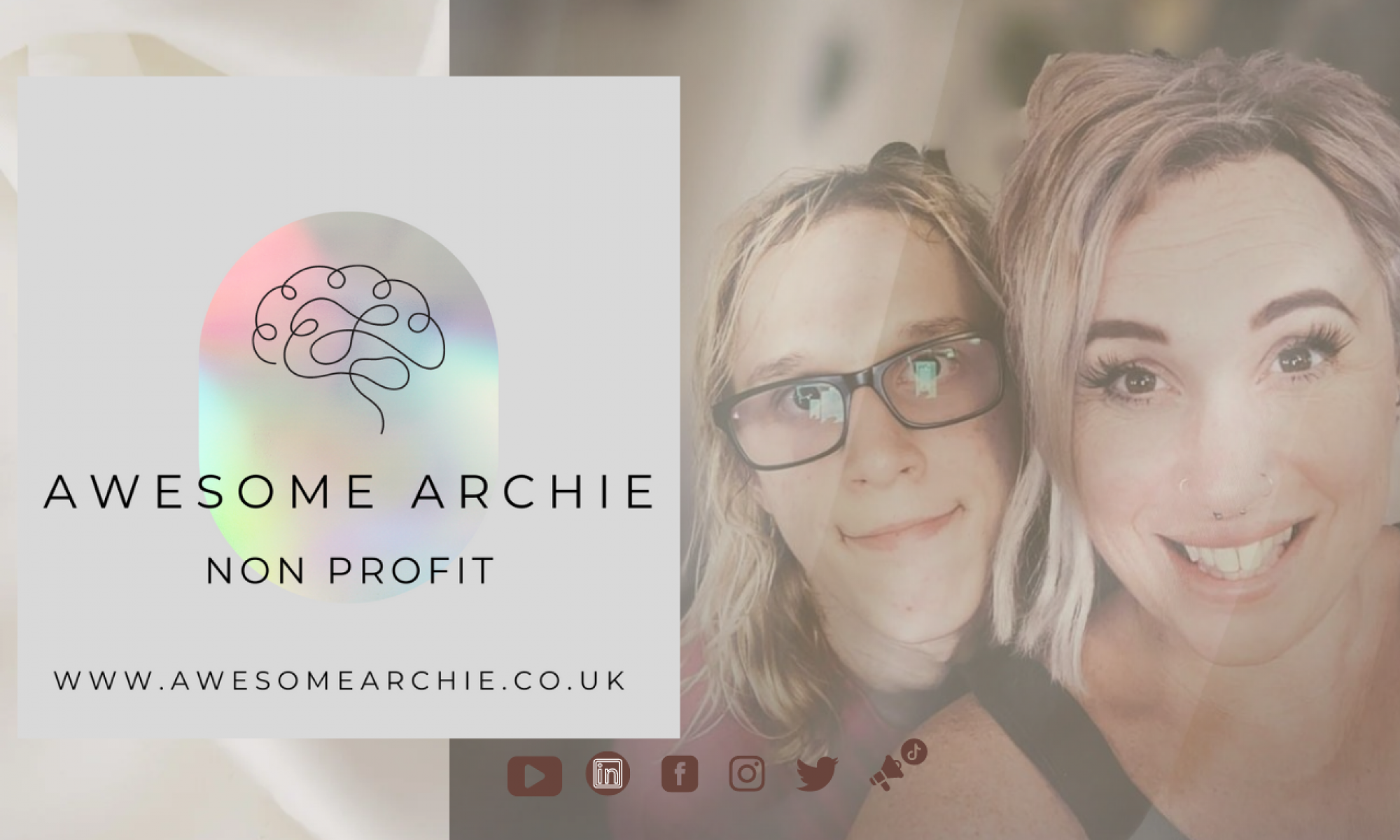This weeks blog has essentially been in the making for almost 20 years….no joke!
For years, I thought I was simply “bad at adulting.”
Bad at keeping the house tidy. Bad at remembering appointments.
Bad at staying calm when three things happened at once.
I’ve had years of giving one negative self talk after the other. Why can’t I parent like Jen? Why is Maggie’s home always so tidy and mine is a disaster? What’s wrong with me?
I didn’t realise I was a neurodivergent mum trying to navigate life and parenting with unsupported ADHD. I’ve always been told that I’m “loud, crazy, great for a laugh” but people didn’t see the inner turmoil that I had lived with all my life. Feeling different and perceiving that difference as nothing but negative and trying to force myself to be like everyone else.
Thankfully , those days are long gone, but it has taken work, research and self kindness to get me here.
When You Don’t Know You Have ADHD, Everything Feels Like a Personal Failure
Looking back at my early parenting years, I can now see the impact of my undiagnosed ADHD in every aspect of my early mum years.
- A messy home that I could never seem to get on top of, no matter how hard I tried.
- Regular overwhelm from the constant noise, schedules, responsibilities, and expectations.
- Missed appointments, forgotten forms, lost school letters, which left me feeling like I was always ten steps behind everyone else.
At the time, I thought these struggles meant I wasn’t trying hard enough.
But the truth was so much simpler: I didn’t yet understand my brain awesome neurodivergent brain.
Understanding My Brain Was the Turning Point
My late awakening to my neurotype wasn’t a surprise — it was a relief, a game changer.
A clarity I didn’t even know I needed. BUT FLIP, I NEEDED IT!
I suddenly had words for experiences I had carried alone for years.
I understood why everyday tasks felt so draining, why motivation came in unpredictable and unreliable wafts, and why the simplest chores would feel like climbing a nevr ending mountain.
And knowing this didn’t just help me — it reshaped how I supported my children, rwo of whom who share some of these traits too.
Learning to Support Myself AND My Kids
Over the years, I’ve learned that supporting my children starts with supporting myself.
I can’t pour from an empty cup, and I definitely can’t organise a family calendar if my own executive function is running on fumes.
Some of the things that have helped me include:
- Breaking big tasks into tiny, compassionate steps. Who knew that you are allowed to start tidying the lounge and stop when you have had enough? Not when it was perfect, a job I knew I didn’t have time to finish so I just ignored!)
- Using visual cues, charts, and routines that take pressure off my memory…I LOVE making planners and I have them for EVERYTHING! I even make them for family members to help them before they go on holidays 🙂
- Creating systems that fit how MY brain naturally works, instead of forcing myself into systems that don’t!
- Accepting that consistency doesn’t mean perfection… I still have to work everyday on this one!
- Allowing rest without guilt, because burnout helps no one.
These strategies don’t magically stop my many moments of overwhelm, but they do give me the tools I need to handle it a whole lot better.
They help me to keep my home running, even on the messier days — and trust me, there are still a good few messy days but its manageable! We always have clean clothes, clean dishes, food in the fridge and I rarely forget appointments nowadays so I feel like I’m winning! So much better for my mental health.
Why “Simple” Chores Aren’t Simple for All of Us
As part of this journey, we’ve created a little graphic to share some of the biggest lessons we’ve learned about ADHD and everyday life.
It explains why tasks that others see as “easy” — things like laundry, dishes, forms, phone calls — can feel almost impossible for ADHD brains to start.
It’s not laziness!
It’s not lack of care!
It’s our unique brains executive function — the part of the brain responsible for planning, prioritising, organising, and initiating tasks. Mine is needing a bit of something extra, a support buddy, a kick up the bum 😉
And when that part of your brain plays by different rules, your daily life does too.
Moving Forward With Understanding and Compassion
Being a neurodivergent parent is both challenging and truly beautiful.
It forces you to learn yourself deeply, to adapt creatively, and to parent with a deep and powerful empathy that only grows from lived experience.
I am not, nor will ever be a “perfect” mum, there is no such thing — but I am an aware one.
A learning one. An advocating and neuroaffirming one.
A mum who understands her brain and her children’s brains better than ever before.
And that, to me, feels like a totally awesome victory.
